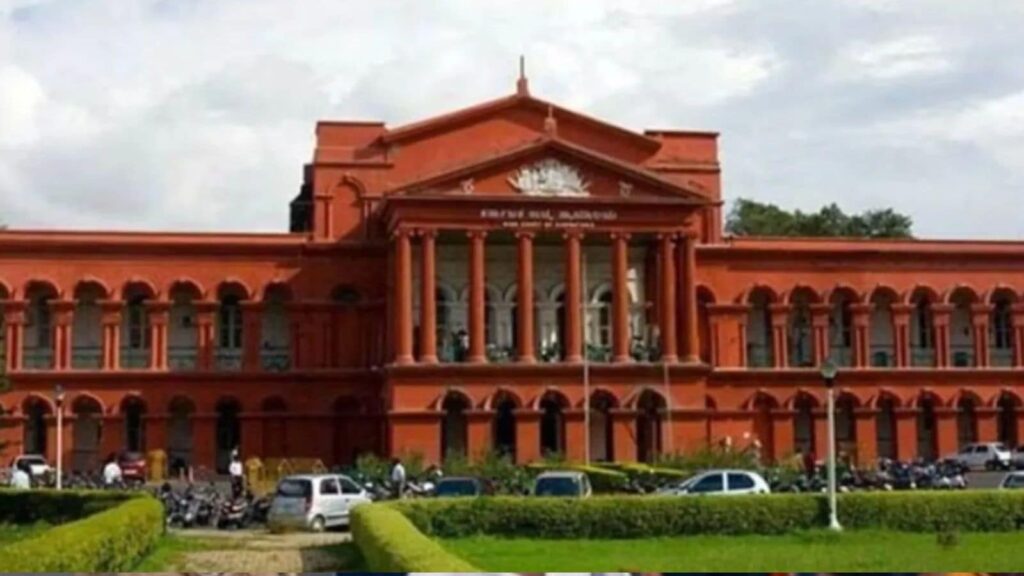The Karnataka High Court last week stayed the summons issued to an advocate who had issued a press release regarding the investigation in the Dharmasthala secret burials case and restrained the police from taking any coercive steps against him until the next hearing.
The advocate represents a woman who alleged that her daughter went missing in 2003 at Dharmasthala, where a Special Investigation Team (SIT) recently carried out inspections after a whistleblower filed a police complaint claiming that he had been forced to bury several bodies in the temple town.
The police booked the advocate for allegedly spreading false information in an FIR dated August 22 at the Belthangady police station in the Dakshina Kannada district. A summons was issued to him on September 1.
He approached the Karnataka High Court seeking to quash the FIR and directions restraining the police from taking coercive steps.
On September 4, a bench of Justice Sachin Magadum took note of certain observations made by the Supreme Court while hearing a Special Leave Petition earlier this year.
The Supreme Court had observed at the time that advocates “who are engaged in their legal practice apart from their fundamental rights under Article 19(1)(g) of the Constitution of India, have certain rights and privileges guaranteed because of the fact that they are legal professionals and also due to statutory provisions like Section 132 of BSA (Bharatiya Sakshya Adhiniyam)”.
Section 132 of the BSA deals with the privacy of communications between advocates and their clients.
Story continues below this ad
The high court highlighted a 2023 circular issued by the Enforcement Directorate (ED) that instructed its personnel not to summon lawyers in violation of Section 132 of the BSA. It also noted that if a summons needed to be issued under the exceptions outlined in Section 132, it was required to have the approval of the ED director.
Granting interim relief to the lawyer, the high court scheduled the next hearing date for October 8.
Dharmasthala secret burial case in a nutshell
A former sanitation worker claimed to have buried several unidentified bodies in cases of suspicious deaths in Dharmasthala between 1995 and 2014. He appeared before a magistrate’s court in Belthangady on July 11 to provide a statement to the court.
The government subsequently formed an SIT and began searching for the remains on July 29. However, it found remains of only one body in the form of bones at one of the 13 locations indicated by the worker. The police later arrested the whistleblower after they found inconsistencies in his statements during questioning.

